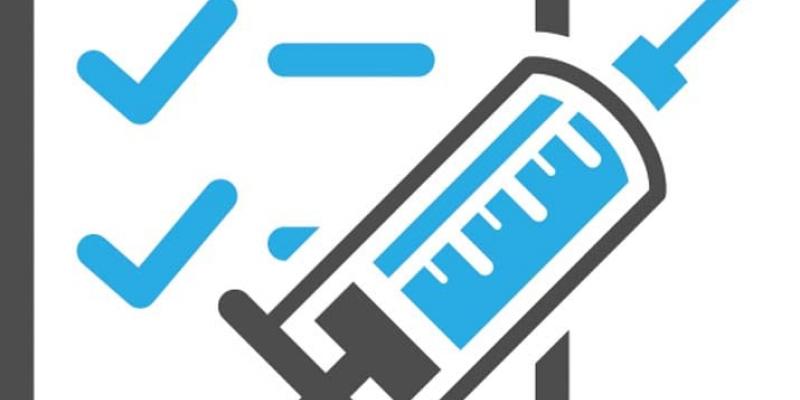National Immunization Awareness Week (NIAW) is an annual event held in the last week of April to highlight and recognize the importance of immunization. Immunization is one of the most important and cost-effective public health innovations of the 20th century- decreasing sickness and reducing death.
So how do vaccines protect us from illness? When we get sick, our body makes antibodies to fight the disease to help us get better. These antibodies stay in our bodies even after the disease is gone. If we are infected again, these antibodies are ready and are able to better fight the invaders. This is called immunity and it helps us to prevent getting sick from the same virus. When we get immunity from exposure to disease, this is called natural active immunity. Vaccines are made up of tiny amounts of weakened or killed germs. They are injected, inhaled or swallowed by the body and the body’s cells recognize them and learn to fight them. We call this artificial active immunity and it provides protection without ever having to get sick with a disease that could cause illness or worse.
I am often asked why do I need to vaccinate if the diseases we are trying to prevent are almost never seen. Let me explain that using an analogy- think about the sump pump in your house- every time it rains, the water levels rise but the pump keeps the water out and your basement stays dry. If we turn off the pump, the water levels will rise until basement floods. Similarly, vaccination keeps disease levels at a low level. If large numbers of people stop vaccinating, the level of disease will rise creating pockets across the country. If this happens enough, the disease will become widespread.
What about the nasty adverse effects from vaccines? One of the myths floating around is that the Measles-Mumps-Rubella (MMR) vaccine causes autism. Signs of autism occur around the same time this vaccination is given and evidence which was later found to be falsified made this claim. In fact, more recent evidence has proven that vaccines do not cause autism.
So, during NAIW, check to see if your family’s immunizations are up to date. If not, consider bringing them up to date. Take care of yourselves and each other.








